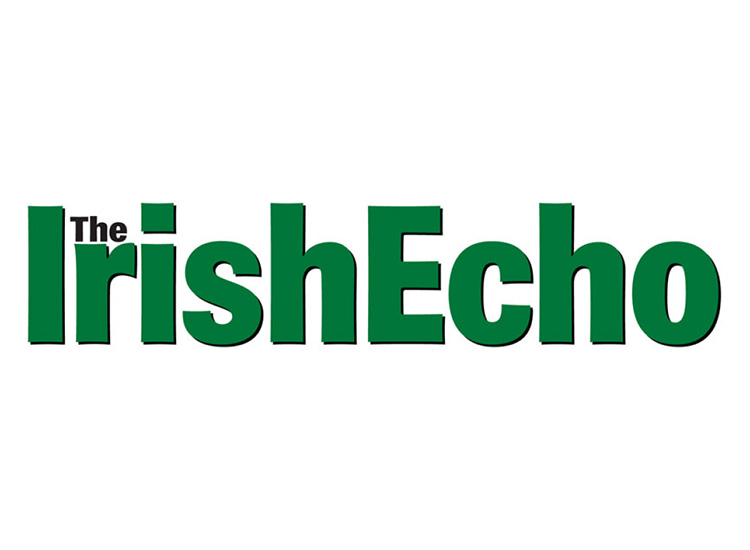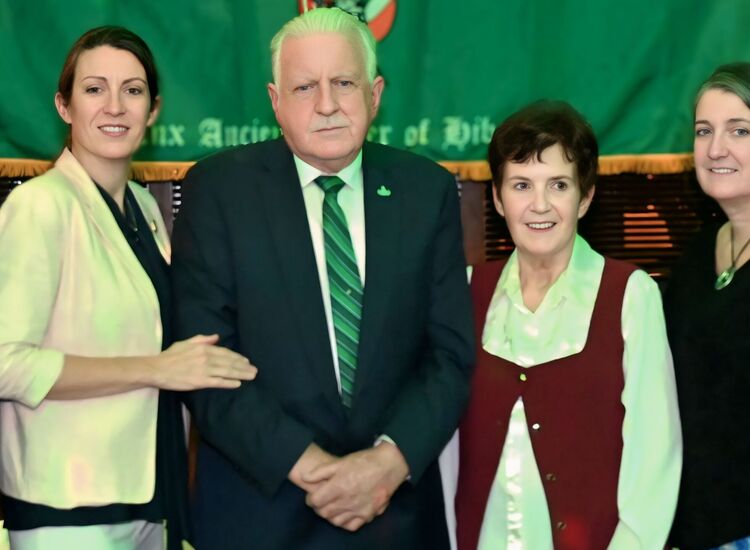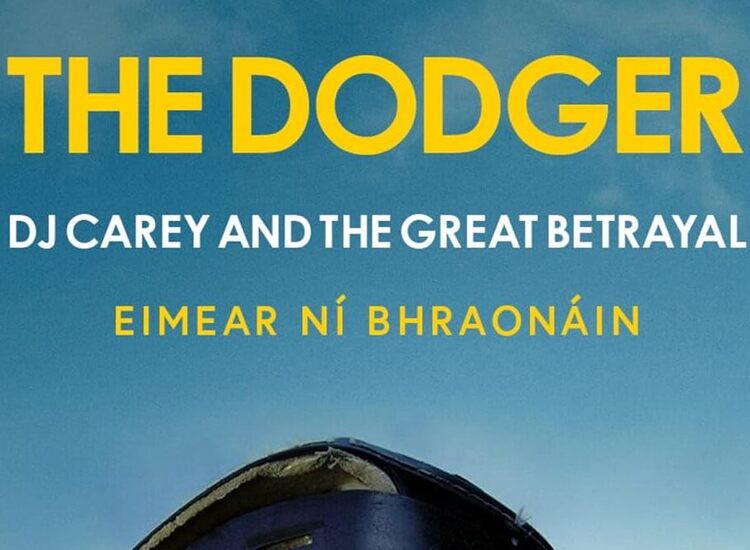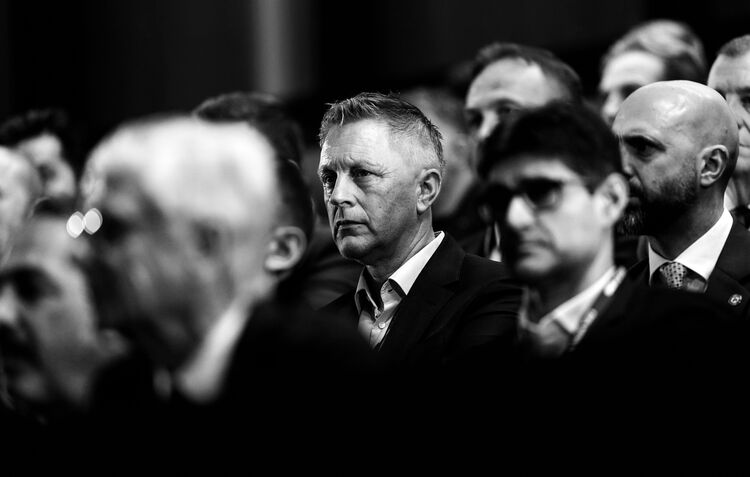The European Parliament building in Strasbourg
By Ray O’Hanlon
How the world manages to rearrange itself during the G-20 summit in Germany is still anybody’s guess but the rearranging process known as Brexit had been proceeding nonetheless.
And one particular proceeding was a vote in the European Parliament in which an attempt to gain backing for a special post-Brexit status for Northern Ireland was defeated by 374 votes to 66.
As far as MEPs were concerned, the North was clearly part of the United Kingdom – this despite its majority “Remain” vote in last year’s referendum – and not worthy of any special consideration.
The vote was a defeat for Sinn Féin and various allies who had argued that the North would require special treatment once the Brexit process was complete.
The effort to secure special status for the North was, not surprisingly, opposed by unionist MEPs.
"Ultimately, this week's vote by MEPs is further demonstration that Sinn Fein's Brexit charm offensive has failed miserably,” said DUP MEP Diane Dodds.
According to the website, BelfastLive, the amendment to legislation in the parliament, which sits in the French city pf Strasbourg, said the 1998 Good Friday Agreement should be fully upheld in the withdrawal agreement.
It said special EU status for the North would also ensure membership of the Customs Union, Single Market and the jurisdiction of the European Court of Justice.
It also called for the freedom of movement of goods, people and services on the island of Ireland.
Mrs. Dodds, according to the report, said the proposals would have prevented Northern Ireland from harnessing new opportunities which flow from Brexit as an integral part of the UK.
"Critically, it would also cut us off from the Great Britain market - by far the most important marketplace for local goods and services from Northern Ireland."
Ulster Unionist MEP, Jim Nicholson, said the amendment had been "roundly rejected" by the parliament.
Meanwhile, Irish Foreign Minister, Simon Coveney, held a series of meetings in London focused on Brexit and Northern Ireland.
According to a release from the Department of Foreign Affairs in Dublin Minister Coveney had a “friendly and frank exchange” on Brexit with the British government’s Secretary of State for Exiting the European Union, David Davis, and also met the Labour Party’s Shadow Secretary for Exiting the EU, Sir Keir Starmer.
Speaking in London Mr. Coveney said: "I was delighted to sit down for a discussion with Secretary of State Davis today. This was our first meeting since I took over responsibility for Ireland’s approach to the Brexit negotiations.
"Given that the negotiations between the EU and the UK were formally launched last month, this was an important and timely opportunity to meet with the UK’s lead negotiator on Brexit and to reaffirm Ireland’s priorities for the negotiations.
"Our discussion was friendly but also frank and blunt. I l left him with no illusion about the challenges around Irish-specific issues on Brexit. I emphasized that protecting the gains of the peace process and the Good Friday Agreement in all of its parts was of fundamental importance.
"More broadly, the first round of discussions between the EU-UK were constructive, and that’s encouraging.
“As I explained to the Secretary of State, from the EU perspective, we have prepared well and are ready, through the Commission Taskforce, to discuss the priorities issues of citizens’ rights, the UK’s financial liabilities and the Irish specific issues, especially around the border.
“"I was delighted that Secretary Davis has agreed to visit the border region with me to hear about the concerns of people living and working there.
“Time is short but with good will across the board, and a fair and open minded approach on all sides, sufficient progress can be made in the coming months. It’s in all of our interests to advance on the ‘exit’ issues so that we can move quickly to discussions on the shape of the future EU-UK relationship."
At the G-20 summit Ireland is represented by virtue of the European Union having a seat at the conference table.
The United Kingdom is a member of the G-20 group of nations in its own right as are several other of the larger EU nations led by summit host Germany.








